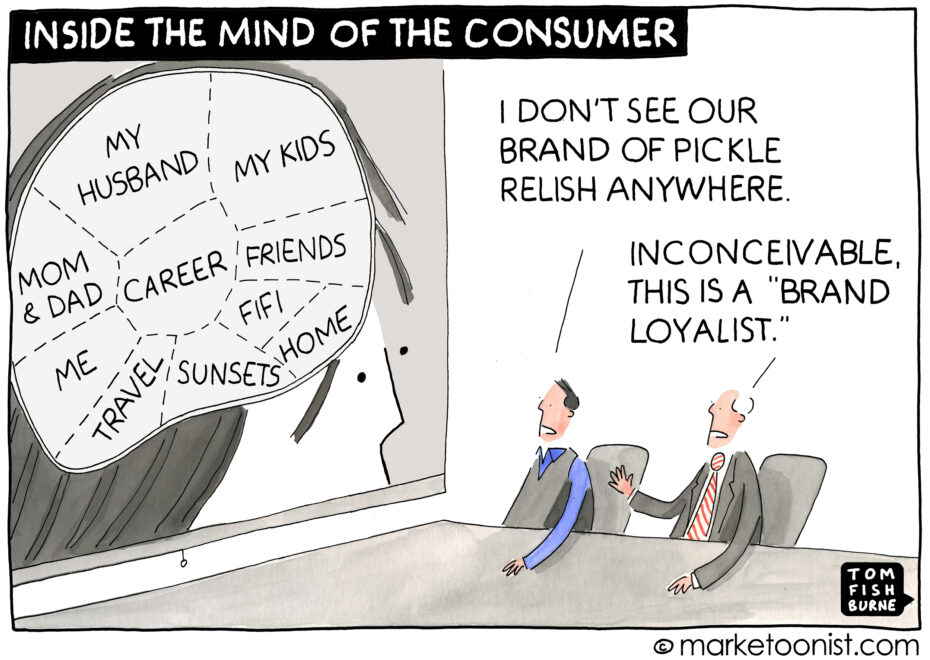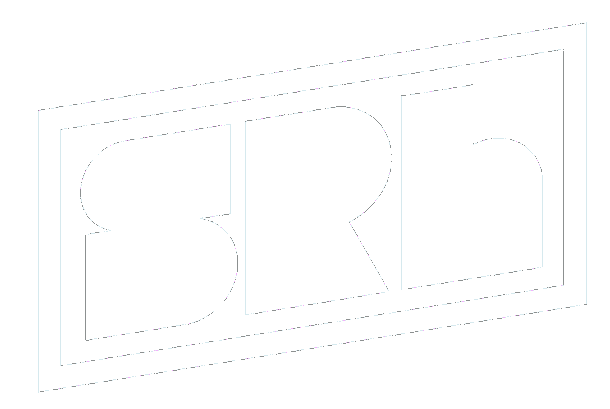“The mind is still the most important search engine.”
System 1 – the instinctual, emotional and fast-thinking process that drives nearly every decision we make – always seeks the most convenient path to making choices, which means tapping into info that’s easy to retrieve.
(To learn more about System 1 & System 2 decision making, visit the Dispatch blog on our website.)
So our goal as marketers is to make our brands the most convenient to remember in buying situations.
Empirical marketing measures this convenience in two categories: mental and physical availability.
Mental availability: the probability of the brand coming to mind in a relevant buying situation.
Physical availability: the probability of the brand being easy to acquire/purchase in a relevant buying situation.
Mental availability goes deeper than brand awareness, which is the mere knowledge of a brand’s existence. It’s a collection of memory structures made of visual, emotional and contextual cues connected to your brand. The more robust these memory structures are, the more likely it is that people will think of you when they encounter a relevant buying scenario.
Coca-Cola reigns supreme in both mental and physical availability in several lucrative buying situations including “a refreshing beverage on a hot summer day” and “a drink to compliment a burger and french fries” thanks to its ubiquitous advertising and purchasability; even in rural areas of developing countries, a Coke is never far away.
As an empirical predictor of market share growth, mental availability measures the strength of a brand by capturing its potential to be chosen across a wider range of purchase opportunities. And it can be measured with metrics such as mental market share and mental penetration.
Mental availability shifts how we approach our client work…
This cartoon says it all…

By focusing on mental availability, we allow ourselves to work in the real world of irrational, distracted consumers who are making decisions both big and small. Our goal as marketers is to make those decisions as easy as possible.
Because nobody in the real world seeks out brands; they seek out categories to fulfill needs and then choose from available brands, often defaulting to brands they can remember, hence why “the mind is still the most important search engine.”
Unfortunately, physical availability — including the digital shelf — is often totally left out of brand conversations. “Place” is one of the classic “4 P’s of Marketing” for a reason: being convenient to purchase matters now more than ever, especially as a competitive product is always one click away on Amazon.
Next week we jump into one of the core building blocks of mental availability: distinctive brand assets.
See you next time.

